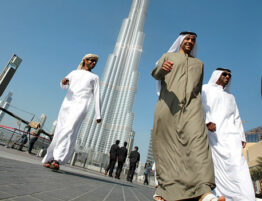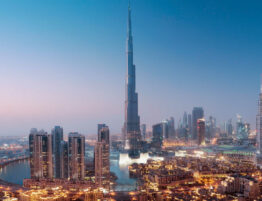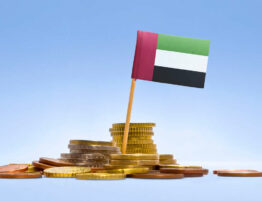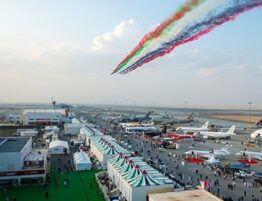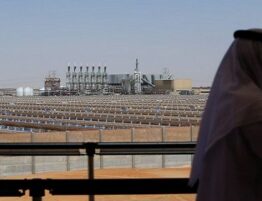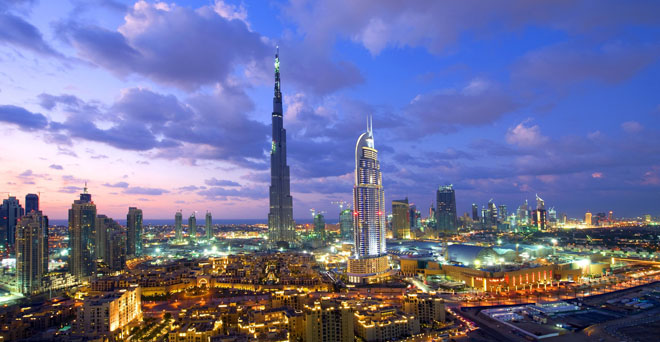
The United Arab Emirates is a federation consisting of seven emirates, Abu Dhabi, Dubai, Sharjah, Ajman, Umm Al Quwain, Ras Al Khaimah and Fujairah and it is located in the south-east of the Arabian Peninsula.
Despite its rather small size, 830,000 Square Miles (less than one third of Italy) and a population of some 5.315.000 people, the importance of the UAE on the international stage is enormous, both for its strategic geographical position and for the production of oil.
The emirate of Dubai was formally established in 1833 and is the second largest emirate by extension after Abu Dhabi and is, today, one of the most important centers for global trade. Since the extraction of oil in the region is lower than that of its neighboring countries, the emirate’s economy is based primarily on the tertiary sector with a particular focus on the construction industry and tourism.
In order to promote the modernization and the functional development of the city, as well as to provide citizens with a modern apparatus of financial, commercial and social services, the government of Dubai has recently planned an innovative economic strategy, known as the Dubai Strategic Plan 2015. This plan aims at creating a common development framework for the economic progress of the country through the formulation of a set of guiding principles for its various sectors,
As for commercial practices, during the 2011-2013 period, the interchange between Italy and the UAE has always recorded a positive balance for Italy. In general terms, the United Arab Emirates are in line with the standards of international trade and there are no restrictions regarding imports and exports, with only limited exceptions. ICE data show how in the last two years an overall 50% increase of the Italian exports on site has been achieved.
On the fiscal side, it is important to mention law n. 309 of 28 August 1997 ratifying and implementing the agreement signed between the Government of the Italian Republic and the Government of the United Arab Emirates against double taxation with respect to income taxes and the prevention of tax evasion (S.O. n. 187/L Official Journal n. 218 of 18 September 1997 – entered into force on 5 November 1997).
With reference to company law, according to federal law No 13 of 1988 (the so-called ‘Commercial Companies Law’) in order to form a company the ownership of at least 51% of the share capital by the local citizens is compulsory, while the other 49% may belong to foreign entities.
The only exceptions to this general rule remain in the so-called Free Zones where it is possible, depending on the specific free zone, to form a company with 100% foreign ownership, 100% exemption on import – export customs duties, a 100 % chance of repatriation of capital and profits, as well as no tax on businesses.
Thanks to its high income, generated not only from the oil, but also and above all from the manufacturing, construction and trade industry, and thanks to the high propensity to import, we see how the UAE in general and Dubai in particular, are now able to offer Italian entrepreneurs huge investment prospects which are undoubtedly destined to increase, especially in view of the enormous opportunities that will arise thanks to the Dubai EXPO of 2020.
(Bologna Office – Linda Tontodonati – 051 2750020)

